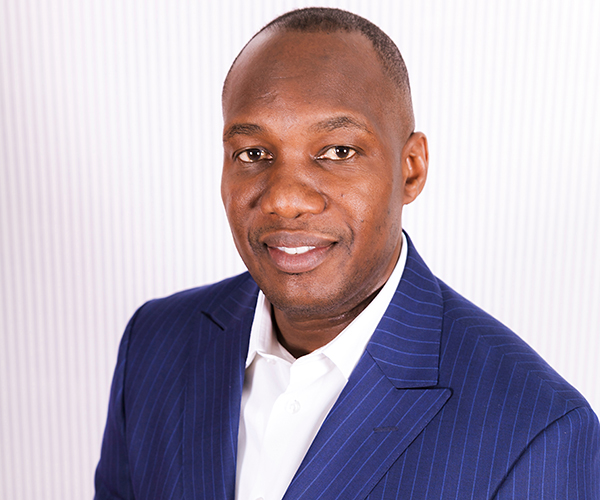The fate of about 300 pensioners benefiting from both the South African and Namibian social grant schemes is hanging in the balance.
This follows after a delegation from the South African Social Security Agency (Sassa), which is visiting Namibia, yesterday announced it was reviewing the grants it pays to local recipients. South African citizens living in Namibia receive grants in terms of an agreement between both governments as Walvis Bay was regarded as a former South African enclave. The Sassa delegation says it will focus on the implementation and review of the bilateral agreement on health and welfare services relating to Walvis Bay of 1994. Out of the 500 Namibians getting pension grants from Sassa, about 300 of these beneficiaries are double dipping. As it stands, pensioners who were residents of Walvis Bay until 1994 are receiving monthly pension grants from both countries. The Namibian pension grant is N$1 350, while South Africa pays R1 890. Sassa executive manager Dianne Dunkerley said there are about 500 people living in Namibia getting grants on their database.
“We only pay the old pension and disability grants. We need to make sure that over time, people continue to comply with the requirements set in terms of South African legislation because we are paying those grants.
We found that people have taken dual citizenship. They are getting the grants from the Namibian and South African governments,” she highlighted.
She added that the system is being abused as payments are still made to some beneficiaries, even after they have died. According to her, family members only register such deaths with the Namibian authorities but fail to inform the South African government.
“We don’t know whether they passed on. We continue to pay the grants, and as long as someone is collecting it, we wouldn’t know.
So, these are some of the challenges we are coming in to address. We are looking at long-term implications for that bilateral agreement. We are also assessing to see if we will continue with the agreement, or there is a phasing out period over time.
Those are hopes to come out of this discussion,” Dunkerley noted. She said since Namibia has its own social security to cover its own citizens when they are disabled, there is a need to look into these clauses so that people don’t double-dip.
Meanwhile, deputy director for social protection Albert Biwa confirmed that out of 500 people, 300 are benefitting twice. However, he said, they have put up a collaboration system between the Walvis Bay office and the national centre to monitor the database and control further abuse. Biwa also raised concerns about South African nationals moving to Namibia.
“They come back as South African citizens. They don’t necessarily live in and around Walvis Bay, but they are spread around the country, mostly around the Otjiwarongo area where most farmers are,” he stated. “These people are receiving money since you are paying through the bank. Our bank systems are linked. We are contemplating to really look if we cannot do away with that because whether the person is in Namibia or South Africa, the person can withdraw the money. When you do verification, the account is still active.” Senior officials also discussed the operation of the Sassa office in Walvis Bay. Sassa currently operates a satellite office there, which operates with the Cape Town bureau. The office is staffed with an official employed by Sassa as the social grants are approved by South Africa, and a payment file is generated monthly.
Biwa indicated that there was a notion created by the South African delegation that the administration of their Walvis Bay office will be entrusted to Namibia, but there was no conclusion in that respect. Sassa has been on record that pensioners with Namibian and South African citizenship and who obtained dual citizenship after 1995 must relinquish one to qualify for the South African pension. This is in line with Section 6(2) of the South African Citizenship Act 88 of 1995, which says dual citizenship is only allowed if it was granted prior to the acquisition of foreign citizenship.
These citizens and any person qualifying for any such pension or grant on or after the date of transfer (1 March 1994) may, therefore, apply to the South African mission to be established at Walvis Bay. Upon formally transferring the sovereignty of Walvis Bay by the government of South Africa, any South African citizen at Walvis Bay getting an old-age pension, a war veteran’s pension, a pension for the blind, or a disability grant will see it being continued for a lifetime.
If such a person is receiving a pension for the blind or a disability grant, such payment shall cease. The delegation is also planning to look into areas of collaboration, such as expanding the agreement to include all South Africans in Namibia living in other towns, as well as strengthening data-sharing for the efficient administration of the grants.
– anakale@nepc.com.na


